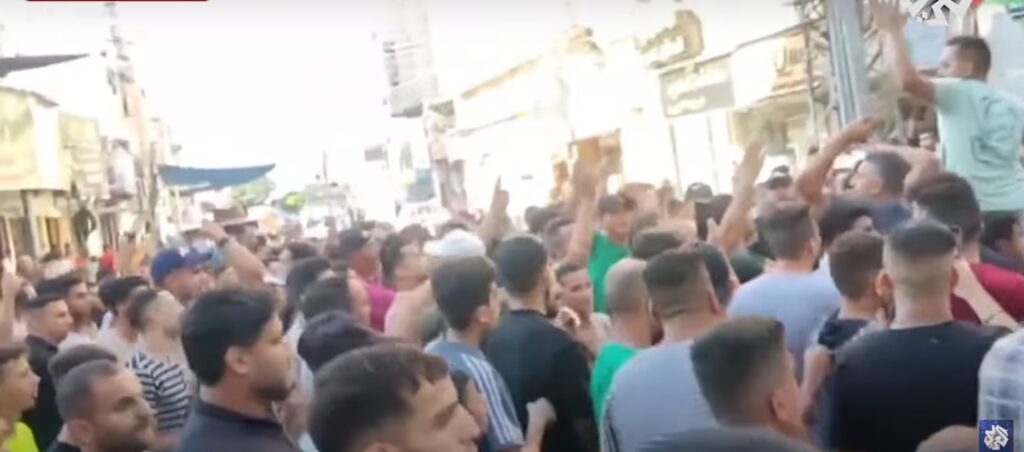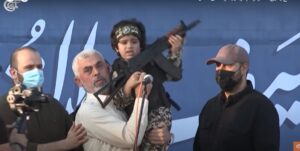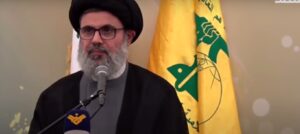The recurrence of history is evident in the Gaza Strip, as large-scale protests broke out on July 30th against Hamas’ rule.
Thousands of demonstrators took to the streets, demanding the overthrow of the Hamas government.
In response, the Hamas movement swiftly deployed substantial forces across the region, imposed strict restrictions on press coverage, and arrested suspected organizers of the demonstrations.
Hamas leaders are deeply concerned about the security situation, leading to prolonged deployments of their forces to quell the protests.
These demonstrations are reminiscent of the “Bidna Na’ish” (“want to live”) movement in 2019, which was brutally suppressed by Hamas security forces.
The Israeli security establishment is also closely monitoring the events in Gaza, apprehensive that Hamas may attempt to deflect popular anger towards Israel.
Such actions could lead to border fence demonstrations and rocket launches into Israeli territory.
The underlying cause of these protests is the challenging economic situation in the Gaza Strip, exacerbated by severe electricity shortages amid a scorching heatwave, rising unemployment, and perceived corruption within the Hamas government.
Residents of the Gaza Strip claim that Hamas prioritizes the electricity supply to the homes of its leaders, government institutions, and mosques while depriving the general population.
This unequal distribution of resources has further fueled public discontent.
The protests originated in Khan Yunis in the south and quickly spread to the central and northern areas of the Gaza Strip.
Most of the demonstrators are young people who have reached their breaking point due to the hardships caused by the blockade.
Notably, the protests coincide with Hamas leadership engaging in reconciliation talks with PA Chairman, Mahmoud Abbas, in Cairo.
However, the talks have reached an impasse, further aggravating the situation.
During the demonstrations in Khan Yunis, protesters waved Palestinian flags and called on Mahmoud Abbas to intervene and resolve the internal disputes within Palestinian society.
Hamas officials acknowledge that this wave of protests represents a social outcry but vehemently assert that the government will not tolerate further escalation.
They place blame on Israel for the difficult circumstances in Gaza, while also accusing the PA of imposing sanctions on the region and inciting the residents against Hamas.
Hamas maintains strict control over the Gaza Strip and enjoys considerable support among its population.
Activists affiliated with Hamas downplay the significance of the protests, attributing them to a release of tension during the heatwave and anticipate that the demonstrations will subside soon.
Although the Hamas government appears to be in control of the security situation currently, there is a strong undercurrent of popular anger that remains untamed.
Residents compare the Gaza Strip to a volcano on the verge of eruption at any moment.



